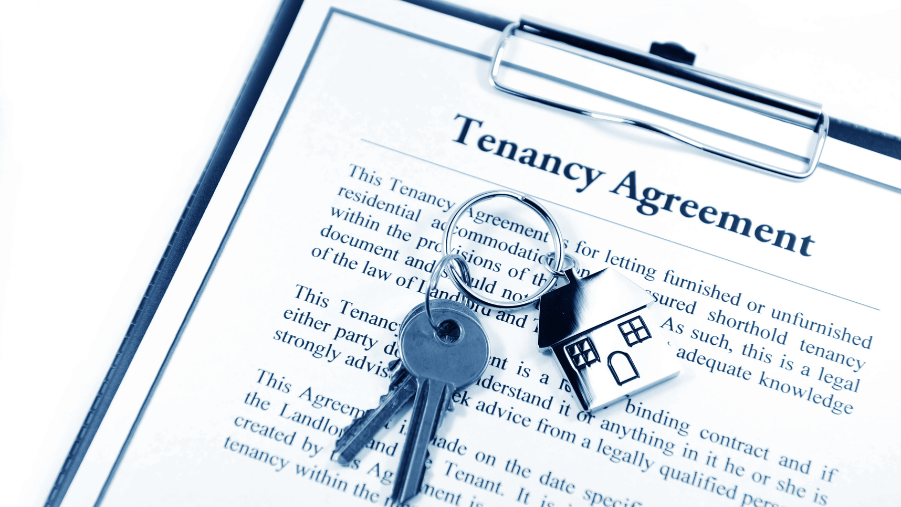Wednesday, 7 February 2024
Tax Relief for Landlords
In the landscape of property ownership in Ireland, understanding tax relief for landlords is pivotal. Being a landlord comes with financial responsibilities and...
In the landscape of property ownership in Ireland, understanding tax relief for landlords is pivotal. Being a landlord comes with financial responsibilities and obligations, and ensuring compliance and maximising returns is vital. From claiming tax relief on rental property to comprehending landlord interest relief and income tax relief, this guide explains key aspects that can significantly impact your financial strategy. As a leading accountancy firm in Dublin, we are here to help you make informed decisions for your financial well-being as we explore essential information about tax relief for landlords.
Interest Deductions and Rate Increase
One of the notable aspects of tax relief for landlords is the ability to deduct mortgage interest when calculating rental income for tax purposes. This deduction percentage has undergone several changes over the years, culminating in a significant increase since January 2019, whereby landlords can now deduct 100% of the interest. It is imperative to register all tenancies with the Residential Tenancies Board (RTB) to qualify for this deduction, applicable only during the property's letting period.
Tax Relief 2024-2027
Looking ahead, a temporary rental income tax relief was introduced in 2024, extending until 2027. Landlords pledging to keep their properties in the rental market for four years can avail of relief at the standard rate of 20%, The relief amounts to €600 in 2024, €800 in 2025, and €1,000 in 2026 and 2027. Withdrawal from the rental market during this period triggers a clawback of the avoided taxes.

Tax on Rental Income: Understanding Your Liability
Irrespective of your earnings, tax rate band, or residence, if you're a landlord with property in Ireland, you are obligated to declare any rental income to the Revenue Commissioners. The process involves filing an income tax return and paying any preliminary taxes owed annually. This must be done by October 31st each year. For first-time landlords, navigating the self-assessment process and understanding allowable expenses can be a daunting task.
Calculating Rental Income Tax
The amount of tax on rental income depends on several factors, including profits, allowable expenses, personal circumstances, and additional sources of income. Generally taxed at either the standard rate of 20% or the increased rate of 40%, landlords may also be liable for a Universal Social Charge (USC) ranging from 0.5% to 8% and a 4% PRSI. Preliminary tax, based on estimated liability, is required, excluding the first year as a landlord.
Allowable Expenses: Maximising Tax Breaks
Maximising landlord interest tax relief involves understanding allowable expenses. From maintenance costs to mortgage interest, insurance premiums, and professional fees, there are various expenditures that landlords can claim against their rental income to optimise available income tax relief.

Non-Resident Landlords: Obligations and Options
Non-resident landlords handling Irish properties must navigate specific tax obligations, and understanding available options is key to compliance. When it comes to paying tax, two primary avenues exist: nominating an Irish resident "collection agent" for streamlined tax filing or allowing tenants to withhold the 20% rental income tax and remit it directly to the Revenue Commissioners. Both approaches come with their advantages, and it is crucial to decide which aligns best with your circumstances. Regardless of your choice, timely tax filings and payments by the October 31 deadline are imperative. For tailored advice on your situation, our experts at Cronin & Co Accountancy Firm are here to assist.
In addition to tax considerations, savvy landlords also explore the protective benefits of landlord insurance, a valuable safeguard against risks.
Declaring Rental Income: Procedural Insights
Reporting rental income to Revenue varies based on net income. Landlords earning a net income of more than €5,000 are required to register for self-assessment using Form 11. Those earning €5,000 or less must declare their earnings in the non-PAYE section of the Revenue Online Services (ROS) portal.
Expert Guidance: Navigating Tax Reliefs
For landlords aiming to maximise their overall tax reliefs, seeking expert guidance is crucial. Consulting with professionals ensures timely submissions and accurate filings, fostering a solid financial strategy. The government's incentive to provide tax breaks for landlords underscores the importance of staying informed and leveraging available reliefs to contribute positively to Ireland's housing market. Claim your landlord tax reliefs confidently. Visit our website for expert advice and personalised assistance.




